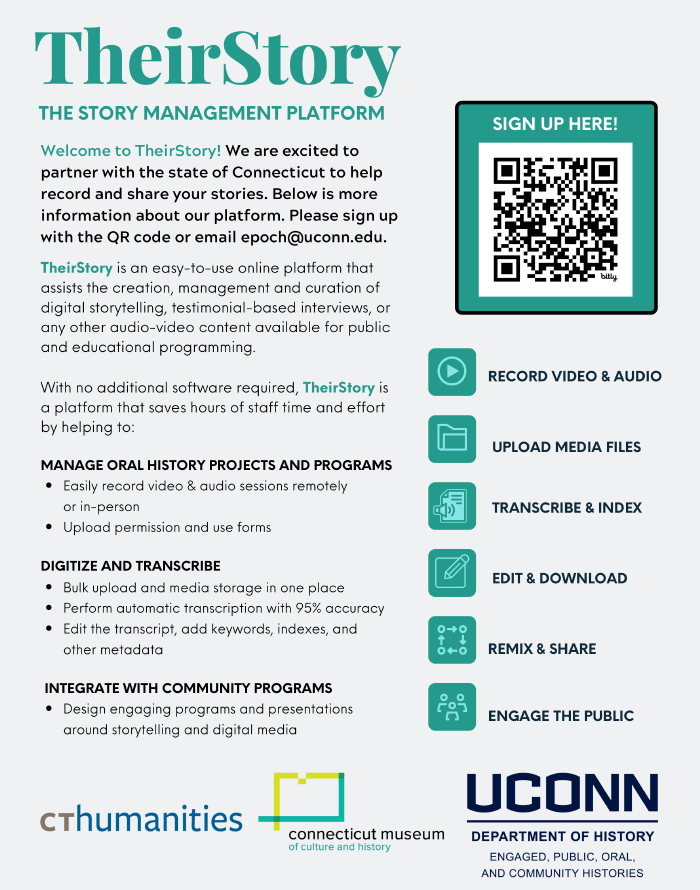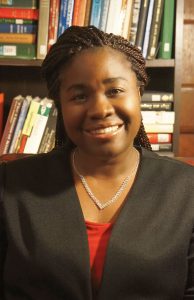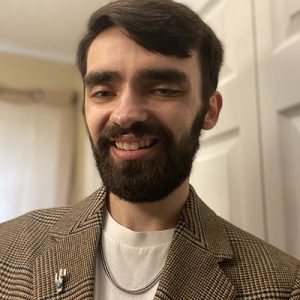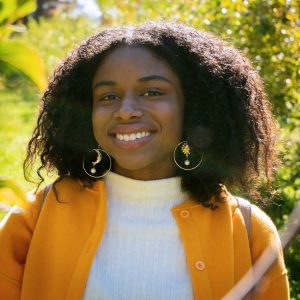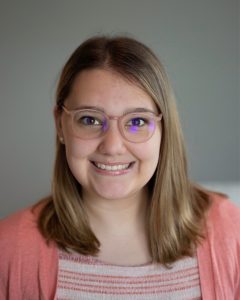The UConn History Department presents the
Engaged, Public, Oral and Community Histories
University of Connecticut
Storrs, Connecticut
About EPOCH
EPOCH (Engaged, Public, Oral and Community Histories) formalizes the History Department’s initiatives to promote engaged, public, oral and community histories. It fosters collaborative intellectual inquiry between students, faculty, and community-based organizations around a particular historical theme and through a number of training activities and deliverables. Training includes: exhibition design, label writing, oral history training, and dialog facilitation and moderation. Deliverables include exhibits, curriculum, free public lectures, community conversations, and panel discussions. EPOCH encourages students to share their work in a public forum, take informed action on a range of social justice issues, develop curricular resources for K-12 outreach, and partner with community organizations to address a particular theme. Faculty deliver public lectures and host panel discussions in community venues and via web-based platforms. EPOCH partners with organizations such public libraries, community colleges, churches, and social organizations to research and present free public programming and resources that engages historical and contemporary themes. Current areas of research include migration and housing.
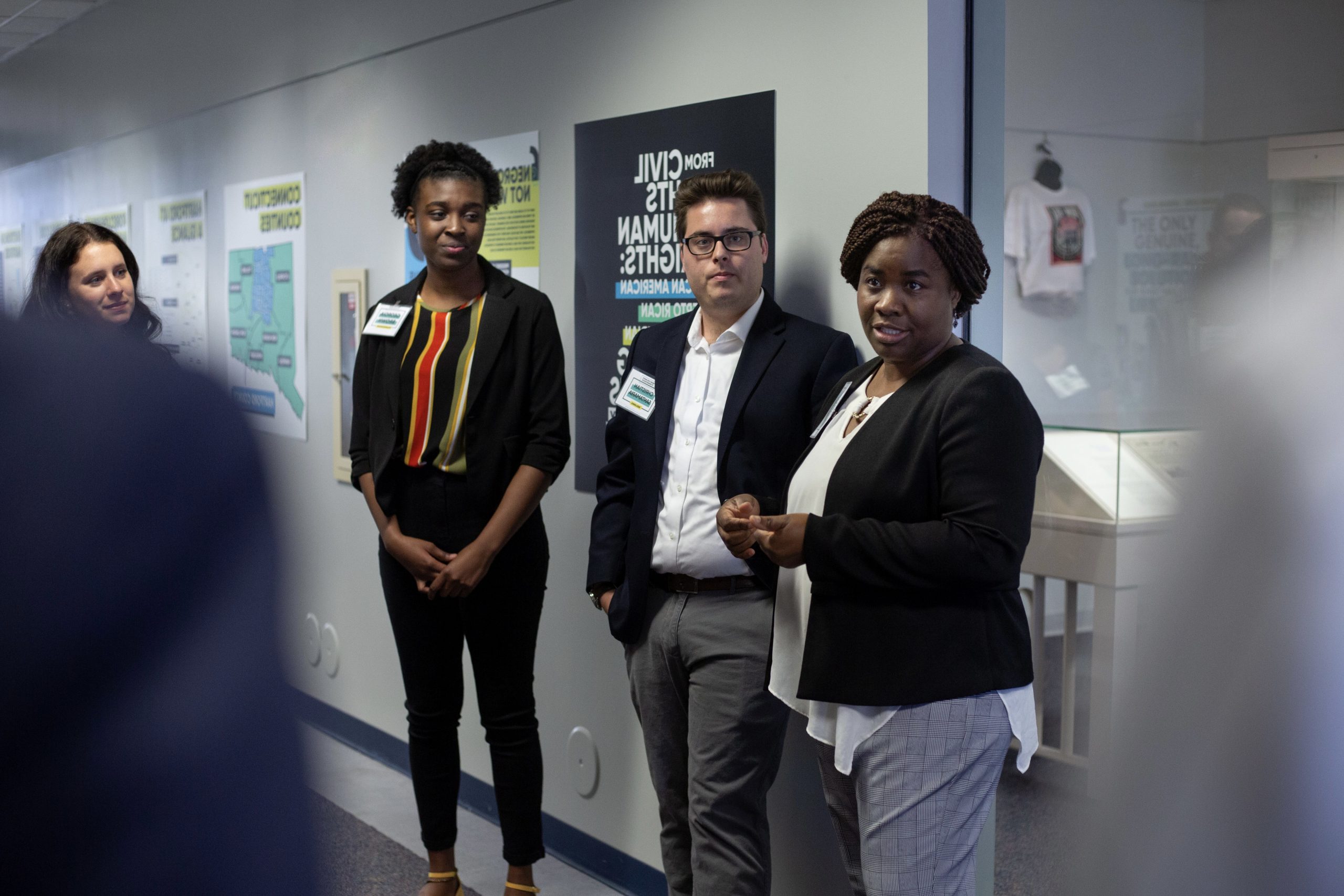
Housing Discrimination Exhibit
Current Projects
West Indian Exhibit – Partner: West Indian Social Club
West Indian Exhibit - Partner: West Indian Social Club
In 2010, West Indians surpassed all other ethnic groups to become the largest population of foreign-born immigrants in Connecticut. This demographic trend was eight decades in the making, with the original kernel of this population arriving as guest workers in the Hartford region in the 1940s through bilateral labor agreements between British West Indian colonies and the United States. By the time these war-time labor opportunities appeared, a significant West Indian population had settled in New York and Florida. In Connecticut, the draw was primarily the tobacco industry which benefited from the labor distributed through the industrial and agricultural concessions made for war-time. The diaspora of West Indian laborers established a post-emancipation labor tradition that created new spaces to recast and renegotiate the labor of black men and later, women. Some of these guest workers married African-American women, forming a nascent West Indian community. Facing discrimination, they founded their own social, religious and athletic organizations as autonomous cultural spaces and networks beginning with the West Indian Social Club in 1950, followed by the Caribbean American Society, the Barbados American Society, the Trinidad & Tobago American Society, the Jamaica Progressive League, the St Lucia American Society and the Cricket Hall of Fame among others. This exhibit explores the rich tapestry of West Indian immigration narratives about belonging, heritage, place-making and identity-formation in Connecticut. Through oral histories and local community archives, the exhibit recounts stories about community formation and succession that are at once personal and collective, universal and kaleidoscopic, revelatory yet still often unknown beyond Hartford.
Housing Exhibition – Partner: Hartford Public Library
Housing Exhibition - Partner: Hartford Public Library
“From Civil Rights to Human Rights” explores the evolution of Hartford as a Puerto Rican, West Indian, and African American city. Drawing on oral histories, census records, reports of the Hartford Housing Authority, and archival sources, the exhibit explores patterns of migration and settlement in post WWII Hartford that transformed the demographic profile of the city. Panels explore themes such as the rise of public housing, suburbanization, urban renewal, home ownership, gentrification, and educational inequities in one of the most residentially-segregated American cities in the 20th century. The exhibit concludes with a profile of tenant activism in Hartford through the “No More Slumlords movement as housing reemerges as a major arena for civil rights and human rights advocacy.
Hartford Bound: Mapping African American, Puerto Rican, and West Indian Migration and Settlement in Hartford – Partner: Greenhouse Studios
Hartford Bound: Mapping African American, Puerto Rican, and West Indian Migration and Settlement in Hartford - Partner: Greenhouse Studios
Between 1940 and 2020, thousands of African Americans, West Indians, and Puerto Ricans made Connecticut their home. These migrations, epic and mundane, redrew the demographic landscape of major urban hubs throughout the United States like Miami, Boston, New York, and Hartford. Some people came for a job, to follow a loved one, to pursue their dreams, for adventure, or to escape natural disasters. Hartford Bound visualizes these three Great Migration traditions as they converged in Hartford and transformed the city into a Black and Brown space, and a Caribbean enclave. The maps explore how decisions of potential neighbors, courts, banks, developers, municipal government, employers, and housing authorities shaped the places where African Americans, Puerto Ricans, and West Indians could live, work, and attend school. Hartford Bound offers new visual and spatial narratives for understanding the relationship between immigration, migration, mobility, claim-making, heritage, place-making and identity-formation in Connecticut.
Watch Us!
The Hidden Costs of Chocolate
Collab with Trinity College
West Indian Exhibition 2018
One World Lecture Series
Introduction the Romano Archive
Our Partners
Hartford Public Library
Center for Leadership and Justice (Hartford)
City of Hartford (Office of the Mayor, City Hall)
CT Humanities Council
Thomas J. Dodd Center
Human Rights Institute
West Indian Social Club
West Indian Foundation
Connecticut Old State House
Concerned Parents of Color of West Hartford
Wadsworth Atheneum (The Amistad Center for Art & Culture)
Akomawt Educational Initiative
Windsor Historical Society
Contact Dr. Fiona Vernal’s Office
|
|
fiona.vernal@uconn.edu |
|---|---|
Phone |
860-486-5538 |
Fax |
860-486-0641 |
Mailing Address |
241 Glenbrook Road, U-4103, Storrs CT 06269 |
Office Location |
Wood Hall, Rm 332 |
Campus |
Campus: Storrs |
Office Hours |
Fall 2025: by appointment |
